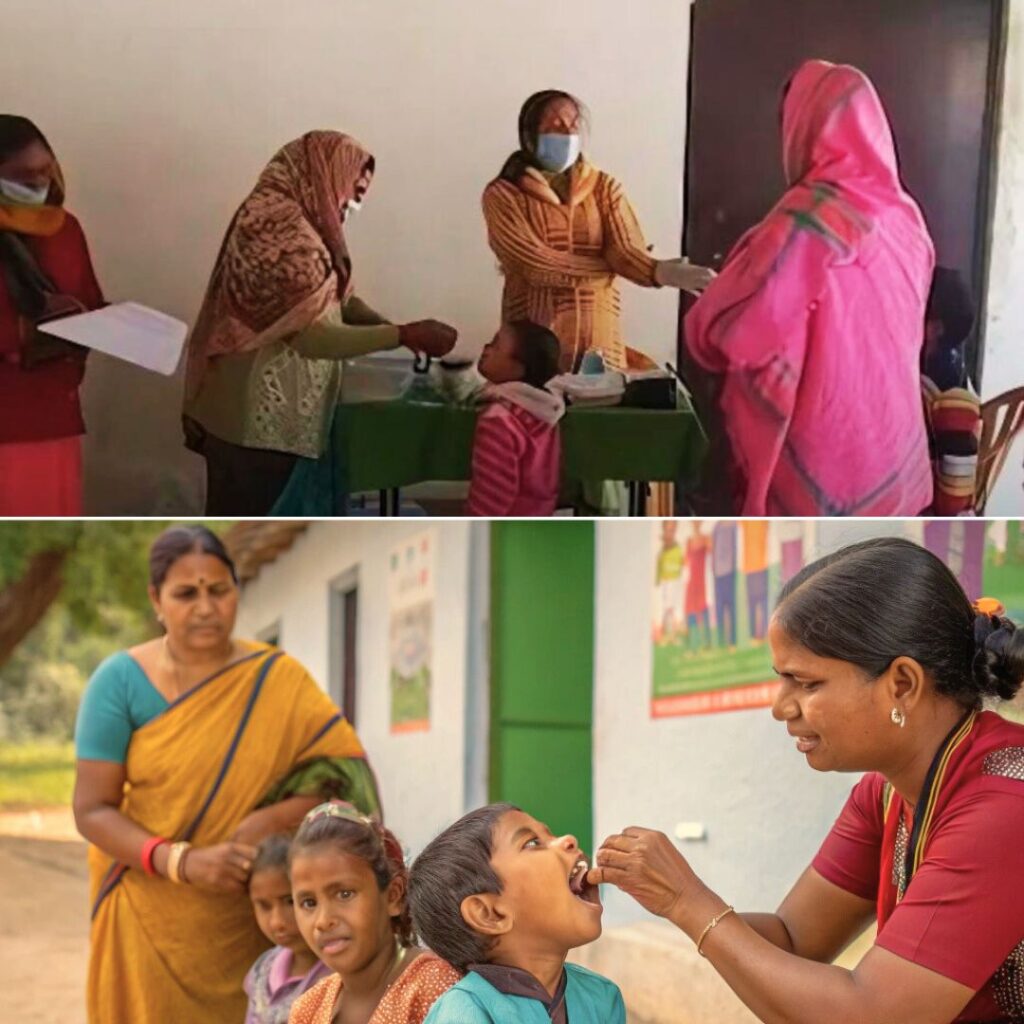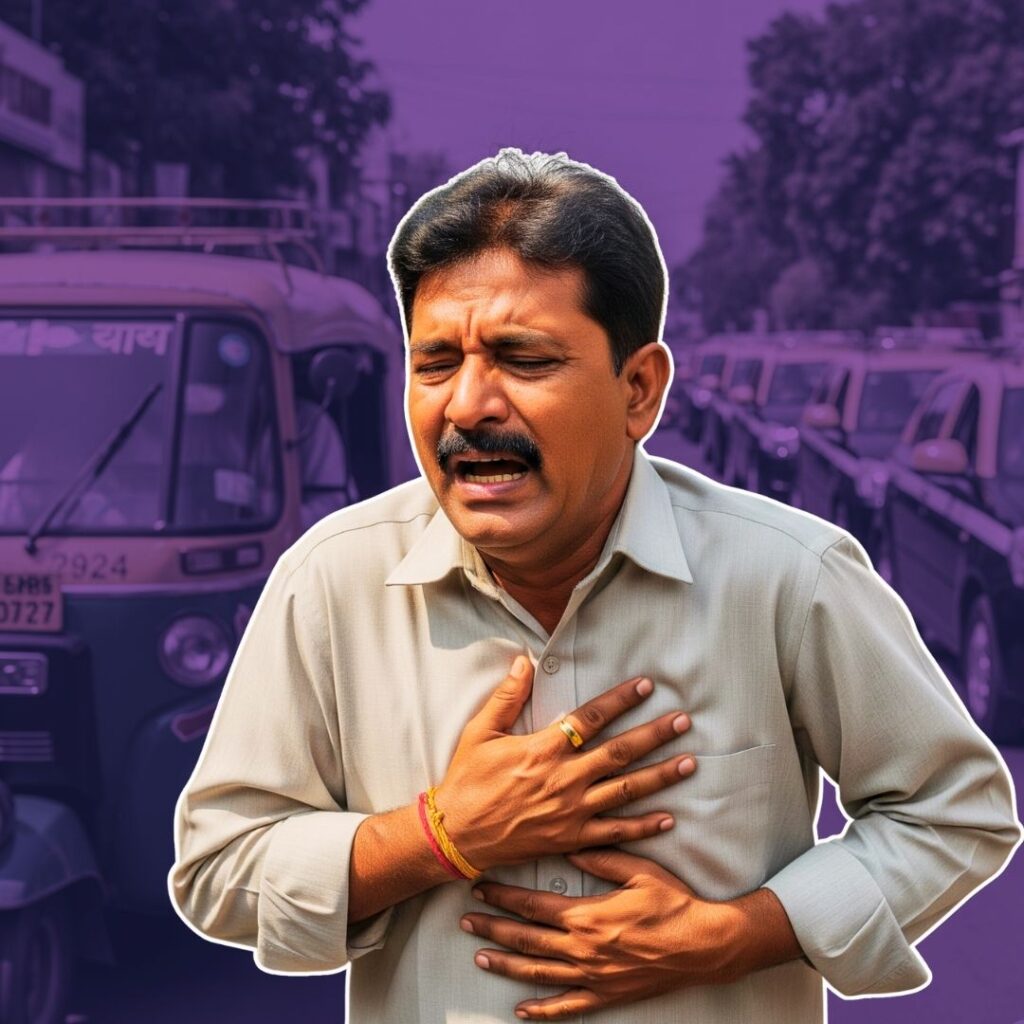The Maharashtra police on August 28 conducted a series of coordinated raids across multiple locations in India which has now drawn strong criticisms from civil society and opposition parties as well. Houses of several people including that of prominent activists, lawyers and writers were raided by the Pune police in Mumbai, Delhi, Ranchi, Goa and Hyderabad. While the police, in a bid to justify these arrests have termed them as “Urban Naxals”, many others have condemned the move and has termed it as a “virtual declaration of Emergency.”
The National Human Rights Commission has issued a notice to the Maharashtra chief secretary and director general of police for the arrest of the activists. Taking suo moto cognisance of the matter, NHRC said that media reports have pointed out that the arrests were not made after following proper protocols “which may amount to violation of their human rights”. Historian Romila Thapar along with four others filed a petition in the Supreme Court against the arbitrary arrests of the activists. Supreme Court had placed the fiver arrested under house arrest till September 6.
“Dissent is the safety valve of democracy if you don’t allow safety valve pressure cooker will burst,” said Justice DY Chandrachud.
#BhimaKoregaon: Dissent is the safety valve of democracy, if you dont allow safety valve pressure cooker will burst, Justice DY Chandrachud.
— Bar & Bench (@barandbench) August 29, 2018
Activists arrested under UAPA
By the end of the day, five prominent activists – Sudha Bharadwaj, Vernon Gonsalves, Varavara Rao, Gautam Navlakha and Arun Ferreira had been arrested by the police on a myriad of charges. Reportedly, the searches and detentions were carried out under the anti-terror Unlawful Activities Prevention Act (UAPA) and Sections 153A, 505(1)(b), 117, 120(b) and 34 of the Indian Penal Code. Raids had also been conducted in the houses of activist Stan Swamy in Ranchi, activists Kranti Teluka in Hyderabad, Dalit scholar Anand Teltumbde in Goa.
The UAPA, introduced in 1967 to “safeguard India’s integrity and sovereignty” authorizes arrest and raids without warrants if a person is suspected to “support terrorist acts or unlawful activities.” The UAPA empowers authorities to seize materials during such raids and those arrested cannot apply for bail. Hence, during yesterday’s raids, the police seized CDs, laptops, mobile phones and pen drives from the houses of those arrested. Reportedly, those arrested were being brought to Pune on transit remand to be produced in the court on August 29.
The people who have been arrested
Those who have been arrested and tagged as “Urban Naxals” by security officials are human right activists, writers and thinkers in their own right. Sudha Bharadwaj, human rights lawyer and activist and the national secretary of at the People’s Union for Civil Liberties, who has worked closely with human rights issues of the marginalised communities in Chattisgarh, have been arrested.
Arun Ferreira, a Mumbai-based lawyer and an alumnus of St Xavier’s College, Mumbai, who was arrested in 2007 over charges of being a Naxal operative, was arrested again. He was acquitted of all charges. Like Ferreira, Vernon Gonsalves too was arrested over Naxal charges. He was a former professor at a prominent Mumbai college.
Gautam Navlakha, is a journalist and has been associated with the People’s Union for Democratic Right and was also an editor of Economic and Political Weekly. Varvara Rao is a renowned poet, a critic, journalist and a public speaker from Telangana.
The Bhima Koregaon case
The raids and arrests have reportedly been carried out in connection with the probe into Elgar Parishad, a public meeting held on December 31, a day before the Bhima Koregaon violence which left one killed and several injured in Maharashtra. The police are reportedly investigating the possible involvement of Maoist elements in the organisation of the Elgar Parishad, where provocative remarks were made which might have led to the violence that followed.
The meeting was held on the eve of the bicentennial of the British-Peshwa battle at Bhima Koregaon on January 1, 1818 in which the British troops prevailed over the Peshwas. The Dalits were a part of the former.
Five other “Urban Naxals” were arrested in June
Five other “Urban Naxals” under UAPA were arrested in Maharashtra and Delhi on June 6 in connection with the Bhima Koregaon case which included Rona Wilson, an activist, Dalit activist Sudhir Dhawale, civil right activists Shoma Sen and Mahesh Raut, and lawyer Surendra Gadling. According to police officials, who have been quoted by Live Mint, 200 to 250 email exchanges between those arrested on June 6 and on August 28 respectively, have been found. The official said, “These emails talk about preparations for the Elgar Parishad, logistical support, and the kind of speeches to be made.”
Reportedly, the recent police actions against the five prominent…











